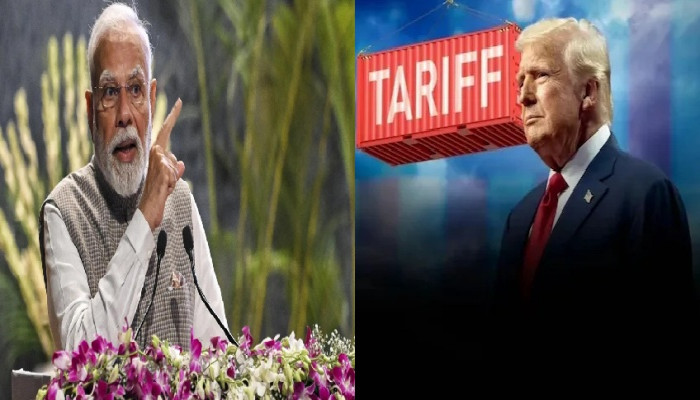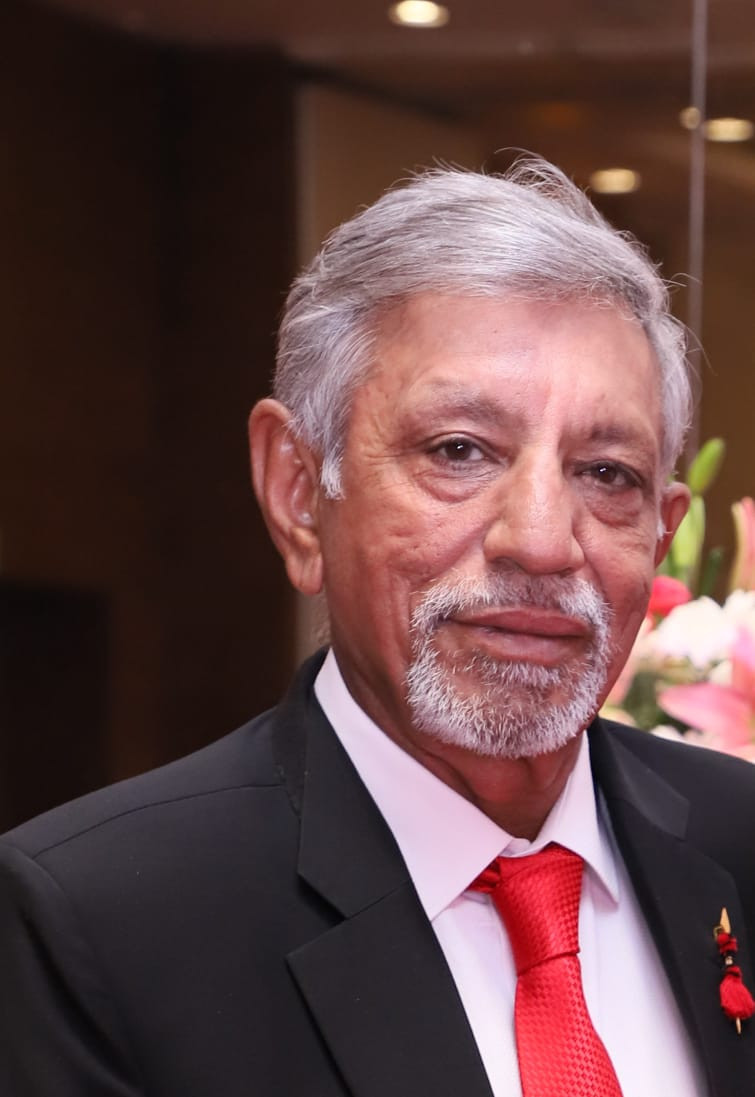Pushing Allies Under the Bus
- In Military & Strategic Affairs
- 10:04 AM, Aug 12, 2025
- Major General Harsha Kakar
The quote ‘To be an enemy of America is dangerous, but to be a friend is fatal,’ is attributed to Henry Kissinger, though he may not have been the originator. However, India is now finding this to be true, especially with a vengeful Trump targeting India. His recent outbursts against India when placing 50% tariffs began increasing in tempo post PM Modi’s statement in parliament on the ceasefire on Operation Sindoor.
PM Modi had stated, ‘not a single world leader asked us to stop the operation. Our actions were precise and non-escalatory, just as we had committed.’ This was in reply to Rahul Gandhi mentioning, ‘It is obvious the PM has not said that Trump is lying.’ This was sharply against Trump’s almost 30-plus repeats of having ended Operation Sindoor, apart from those of his staff. It was a slap on all Trump had been claiming.
PM Modi made his statement in parliament on 29th July, and Trump made his first announcement on tariffs on 30th July. His subsequent announcement of additional 25% tariffs followed a few days later, indicating growing frustration and anger.
For Trump, the statement by PM Modi implies that India will never endorse Pakistan’s letter of recommendation for a Nobel award for Trump. It will also weaken Pakistan’s recommendations, which led to Trump inviting Asim Munir for a luncheon at the White House.
Another reason for Trump’s growing frustration against India is its reluctance to open its farm and dairy sector to US products, as it would impact a very large workforce. Additionally, Trump views India’s membership in the BRICS as anti-US.
Trump is also frustrated at being unable to end the Russo-Ukraine conflict, which he had sworn to do in the first few days of his presidency. Putin has been playing Trump along, aware of Trump’s desperation for the Nobel. Russia has no intention of ending the conflict unless it controls the territories it desires, and also keeps Ukraine under its thumb. Though Putin would be meeting Trump on 15th August in Alaska, he will not bend until his terms are met. Trump, in his desperation for the Nobel, may even throw Ukraine under the bus.
Trump justified his additional tariffs threat on India by mentioning, ‘India is not only buying massive amounts of Russian Oil, they are then, for much of the Oil purchased, selling it on the Open Market for big profits. They don’t care how many people in Ukraine are being killed by the Russian War Machine.’ He is now seeking to isolate Russia by compelling India to change its strategic alignment.
As per reports, China is the largest buyer of Russian oil. In 2024, China imported USD 62.6 billion worth of oil, compared to India’s USD 52.7 billion. Trump cannot increase tariffs on China (already 50%) for procuring oil from Russia, because China can hit back by blocking the sale of rare earth minerals. He thus chose an easier target, India. Geopolitical and economic considerations compelled Trump to avoid challenging Beijing.
India refuses to be cowed down by Trump’s threats. Coinciding with Trump’s announcement was the visit of the Indian NSA, Ajit Doval, to Moscow. Doval held talks on expanding defence cooperation, including procurement of additional S400 missile systems and other weaponry from Russia, trade in local currencies, among other issues. Though the visit was preplanned, it indicated that India will continue with its independent foreign and economic policies. Putin is scheduled to visit India later this year.
India’s diplomatic response also conveyed that it would stand firm. The statement released by the MEA mentioned, ‘They (India’s oil procurements) are a necessity compelled by the global market situation. However, it is revealing that the very nations criticising India are themselves indulging in trade with Russia.’ It went on to add, ‘Like any major economy, India will take all necessary measures to safeguard its national interests and economic security.’
A desperate Trump termed the Indian and Russian economies as ‘dead.’ His frustration grows as India refuses to bow down, and PM Modi does not respond by rushing to Washington or requesting delays as other global leaders, including those from Japan and Switzerland, have done. As rightly stated by the MEA, Indo-US relations have seen ups and downs over the decades. This is another hurdle that it would cross.
Once again, Trump has misread India and its internal politics. The Indian leadership cannot bend or beg. It will stand its ground. Accepting Trump’s demands would be political suicide for the current dispensation. Hence, silence from the Indian leadership. For once, all political parties are together against Trump’s ‘economic blackmail.’
India will act maturely, not hit back, hoping to end the conflict with talks and a trade agreement, ensuring its key concerns are catered for. New Delhi is accustomed to prolonged negotiations for trade agreements, while Trump is in a rush. The India-UK Free Trade Agreement took 3 years to finalise. In the meantime, India will look at both internal and external options to offset US sanctions.
Trump’s desperation for a Nobel has propelled him to ignore the importance of India in the Indo-Pacific. His growing proximity to Pakistan, including seeking to invest in its non-existent oil reserves, is intended to further push India. It is hoped that Indo-US defence ties are kept away from the ongoing trade conflict.
India must not host the heads of state summit of the QUAD this year. Trump’s vision of the world is coloured by his belief that everything can be handled by trade and sanctions, which will not work; hence, the QUAD meeting would be counter-productive.
Trump’s unilateral approach to trade is pushing the world to seek alternate alliances and means of payment, ignoring the US Dollar. Indo-Russia trade will now be in Rupee-Rouble, as will trade between most members of BRICS and SCO. The domination of the US Dollar on global trade will recede, and the man responsible for this will remain Trump.
Trump’s transactional approach to leadership has displayed that he is willing to push long-term allies under the bus for short-term or individual gains. At the end of the day, even if a trade agreement is reached, the US will no longer be considered a trustworthy ally, something which will take decades to overcome.
First published in The Statesman on August 12. Republished with the permission of the author.
Disclaimer: The opinions expressed within this article are the personal opinions of the author. MyIndMakers is not responsible for the accuracy, completeness, suitability, or validity of any information on this article. All information is provided on an as-is basis. The information, facts or opinions appearing in the article do not reflect the views of MyindMakers and it does not assume any responsibility or liability for the same.







Comments